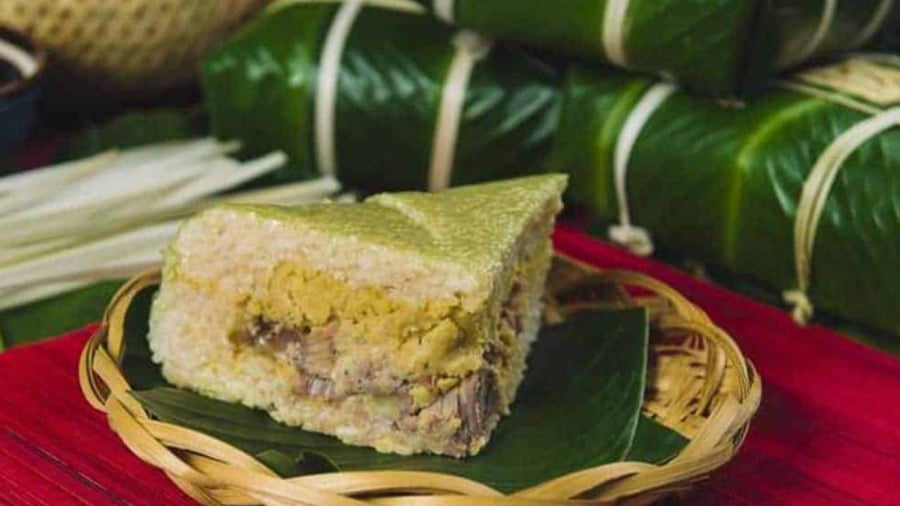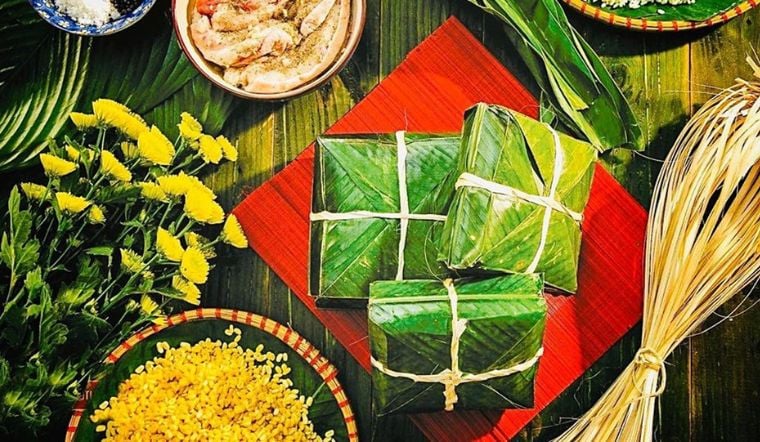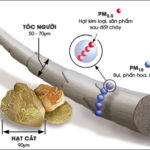People who should not eat sticky rice and banh chung
People with diabetes
VietNamNet cites master’s degree, Dr. Nguyen Phuong Anh, Deputy Head of Nutrition Department, An Binh Hospital (HCMC), saying that people with diabetes should limit eating sticky rice and banh chung.

Pre diabetes is a condition where blood sugar levels are higher than normal but not high enough to diagnose diabetes. If left untreated, 5-10% of people with pre diabetes will develop type 2 diabetes each year, and about 70% of those with pre diabetes will eventually develop actual diabetes.
Lifestyle changes help prevent or delay the progression to type 2 diabetes. This is the main treatment approach in this stage.
To measure the blood sugar increasing ability of a food, the Glycemic Index (GI) is used. Foods with a higher GI have a faster and higher blood sugar increase after eating.
In contrast, sticky rice and banh chung are high GI foods. Therefore, it is best for people with pre diabetes or diabetes to limit these foods. If you still want to enjoy banh chung, sticky rice, or banh tet, you should eat them with plenty of vegetables to reduce the GI and minimize the negative impact on your health.

People with stomach pain
In banh chung, there are glutinous rice and mung beans, which are two food ingredients that can cause bloating, acid reflux, and indigestion.
Therefore, people with a history of stomach pain should not eat this type of cake unless they want their condition to worsen.
According to experts, when eating banh chung, people should consume it with green vegetables and fruits to avoid feeling overheated and aid digestion.
People with diabetes
Banh chung is a food that is rich in energy, providing enough sugar, protein, fat, vitamins, and minerals. Therefore, people with diabetes should not eat too much banh chung as it will increase blood sugar levels and negatively affect their health.
In addition, those with chronic diseases should also avoid eating banh chung. For example, people with high cholesterol should not eat salty banh chung, and people with diabetes should not eat sweet banh chung or cold banh chung if they have poor splenic function.
Overweight people
Overweight individuals should only consume a small amount of banh chung as it is a high-calorie food that is rich in starch. In particular, if you suffer from obesity, you should avoid eating banh chung, especially fried banh chung, due to its high calorie and fat content.
People with high blood pressure and cardiovascular diseases
People with these conditions should also avoid eating banh chung. The reason is that people affected by these diseases need to follow a specific diet to maintain their health.
Cancer patients
Banh chung and sticky rice contain sticky substances and fats that can be difficult to digest. Therefore, patients should eat less or avoid them. In addition, fried and stir-fried foods should also be limited or avoided as they can also cause indigestion.
Above are the groups of people who are advised not to eat sticky rice and banh chung. If you belong to any of these groups, please stay away from these foods.
How to preserve banh chung:
– To keep banh chung fresh and mold-free, store it in a cool, well-ventilated place, away from high humidity and dust. If the weather is hot and humid, you should store it in the refrigerator.
– For peeled but unused banh chung, wrap it with food wrap before storing it in the refrigerator.
– When taking the banh chung out, you should steam it again before eating to make it hot and soft again.



































